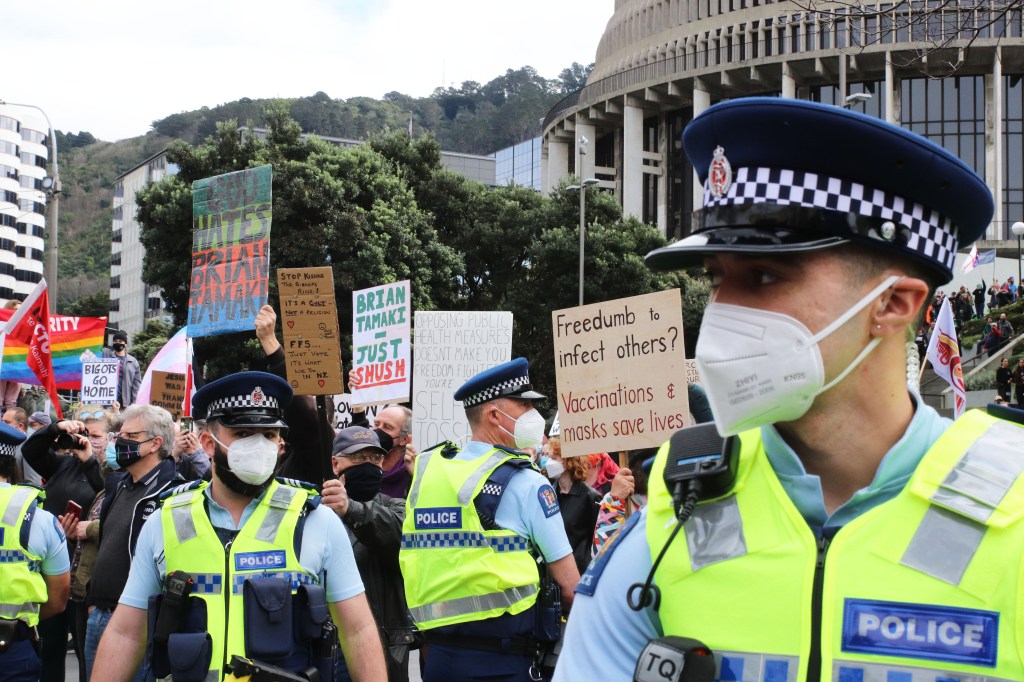
Nigel Farage. Photo by the author
This article originally appeared on VICE UK.
Yesterday, Nigel Farage announced that if he doesn’t get elected in Thanet, he’ll stand down as UKIP leader. Not winning would be “curtains” for him, he said, as Question Time schedulers hyperventilated. But how likely is that to happen, really? And if it did happen, would it be that big a deal? Surely UKIP is bigger than one man balancing a pint on his head and smoking cigs like some kind of depressing seal? I asked Eric Kaufmann, Professor of politics at Birkbeck University in London and an expert in white working-class responses to diversity in the UK, what he reckons Farage’s statement means for the party.
Videos by VICE
VICE: First things first. Nigel only said he’d stand down if he loses. What are the chances of Nigel winning his Thanet seat?
Eric Kaufmann: The chances are high, he’s been polling very well there, it’s one of the most favorable seats for UKIP and he’s the favorite.
OK, so what’s really at play here? Could this be some sort of attempt to shift the focus away from him?
I think he would like the party to be stable and resilient—to not to rely on his leadership, and a lot of people would like that too. The jury is still out, but I think he’s trying to prove the party isn’t reliant on him, but to me and many others, it looks like they may well be.
How important is Nigel Farage to UKIP?
He’s very important. A lot of the thinking on the popular right suggests that these parties will ebb and flow based on leadership, because they don’t have the traditions and branch structures of more established parties. They don’t have the institutional establishment that they often bemoan.
A leadership change means that such a party may struggle to keep support at current levels, as it’s tied to a charismatic leader. Parties like UKIP are much more vulnerable [to leadership change].
What would the consequences be if he stood down for the party? Is UKIP bigger than Nige?
It would be difficult. A large part of their brand is tied to his image. Of course, the sentiment of less immigration, less ethnic shifting and the UK leaving Europe is solid and will remain regardless. But even with that, you need a figurehead for support to gather around.
There would be a vacuum without Farage, and they would need a credible alternative who could make a connection with voters. People identify Nigel as expressing who they are—the bloke down at the pub. You may not get that with another figure.

A UKIP voter in Clacton showing his support for Douglas Carswell before he was elected as the first UKIP MP. Photo by Oscar Webb.
Who would be the most likely replacement for him?
If you think of charismatic figures with heft, Douglas Carswell is definitely one of them. Their issue would be that he’s more on the liberal wing of the party, more motivated by political reform than other issues. Don’t get me wrong, he is set on getting out of Europe, but he may alienate other members of the party. Nobody else comes to mind.
What about Mark Reckless, the other UKIP MP?
He’s generally seen as more lightweight; Carswell is seen as more talented.
Have other European right-wing parties had a problem when a leader has left the scene?
Yes, Jorg Heider was the leader of the FPO, the Austrian Freedom Party, and their splinter groups on the far-right in Austria. [When he died in 2008] it was a blow and support declined without their well-known and charismatic leader.
In France however, Marine Le Pen has managed to craft a new brand that binds it with the party and core supporters, after her father [and former FN leader] Jean-Marie stood down, and the party is still extremely popular.
It comes down to the way that leader connects to the electorate, and how they unite competing factions within the party. Far-right movements have often been subjected to splits when there is a vacuum in the centre, dating back to the 1920’s KKK, collapsing from millions of members to just a few thousand in the space of a decade.
Sudden drops in support do happen. But, with UKIP, there is a lightning rod of support on the key issues, but that will need a vehicle, a popular leader to take them forward.
If we assume that Nige stepping down would be catastrophic for UKIP and they started shedding support, what would that mean for UK politics in a wider sense?
Well I think right now UKIP draw disproportionately on Conservative voters, notably their working-class supporters, who switched from Tony Blair by the late 1990s and early 2000s. These voters are motivated by issues of immigration and Europe, so support wouldn’t end up in left-wing parties.
Some may come back to the Tories and others may not vote. To the extent that UKIP is weaker, it will help the Tories. There doesn’t seem to be a huge reservoir of Labour support according to my research. There is some, but less than people seem to be suggesting.
How significant would that swing back to the Tories be? Hypothetically, if Nigel Farage quit, and that meant UKIP were no longer popular, would it be enough to change the outcome of an election?
Hypothetically, if UKIP were to collapse before election day this year, then it would mean a Tory win. The only reason that the Tories aren’t well ahead now is that UKIP have split the right. UKIP are helping Labour get a foot in the door.
Follow Mike on Twitter.



